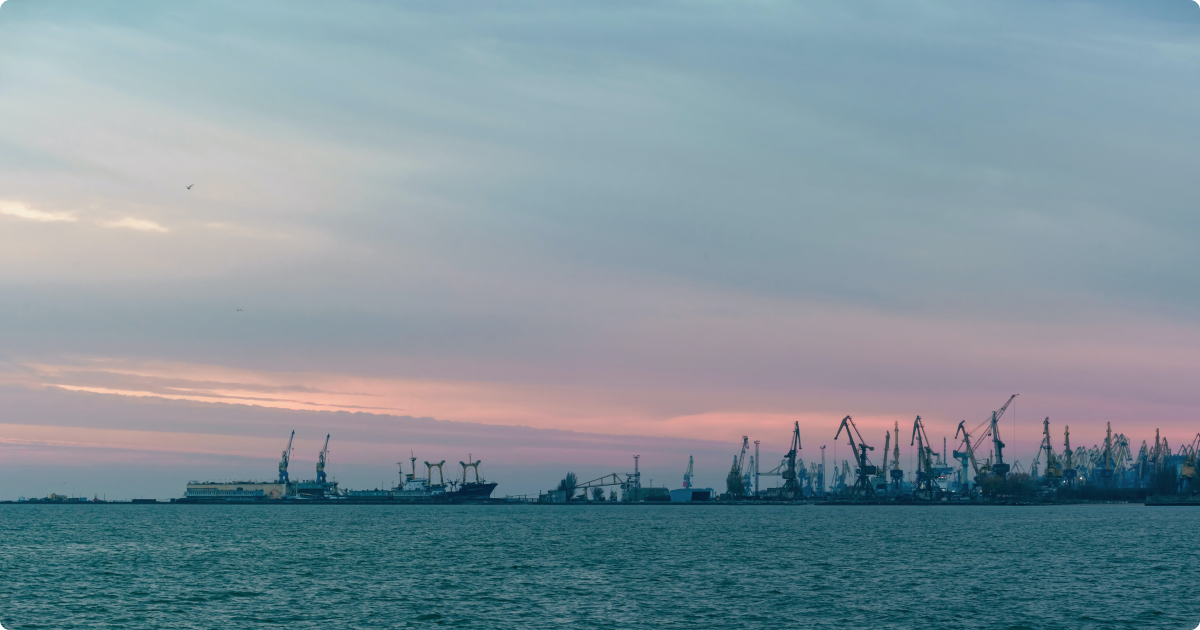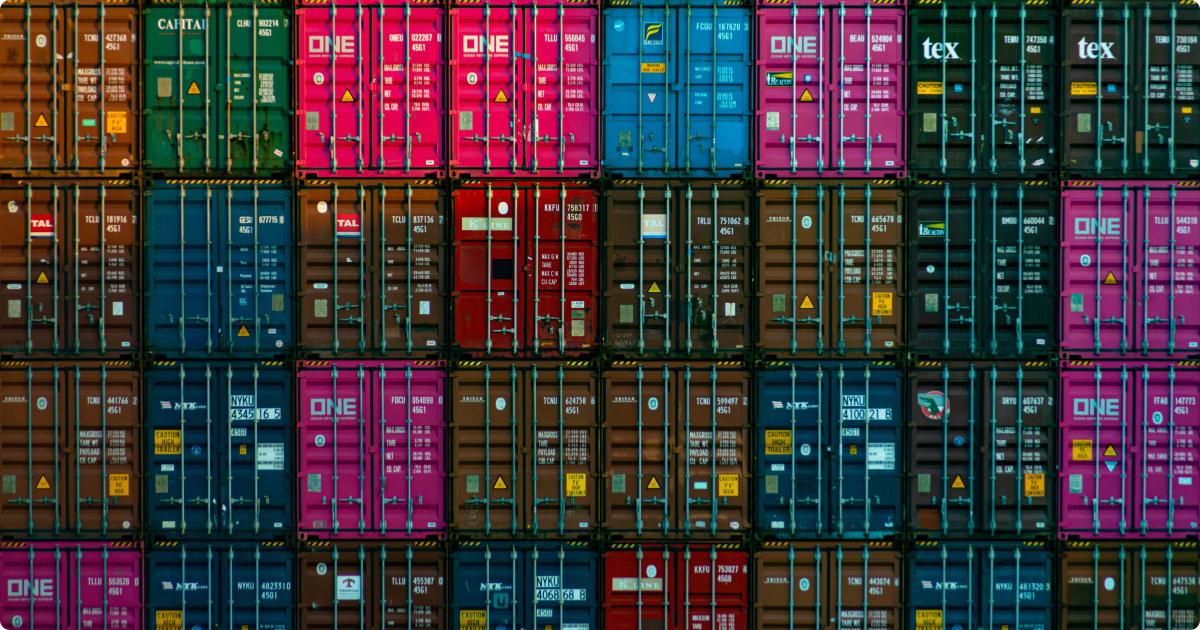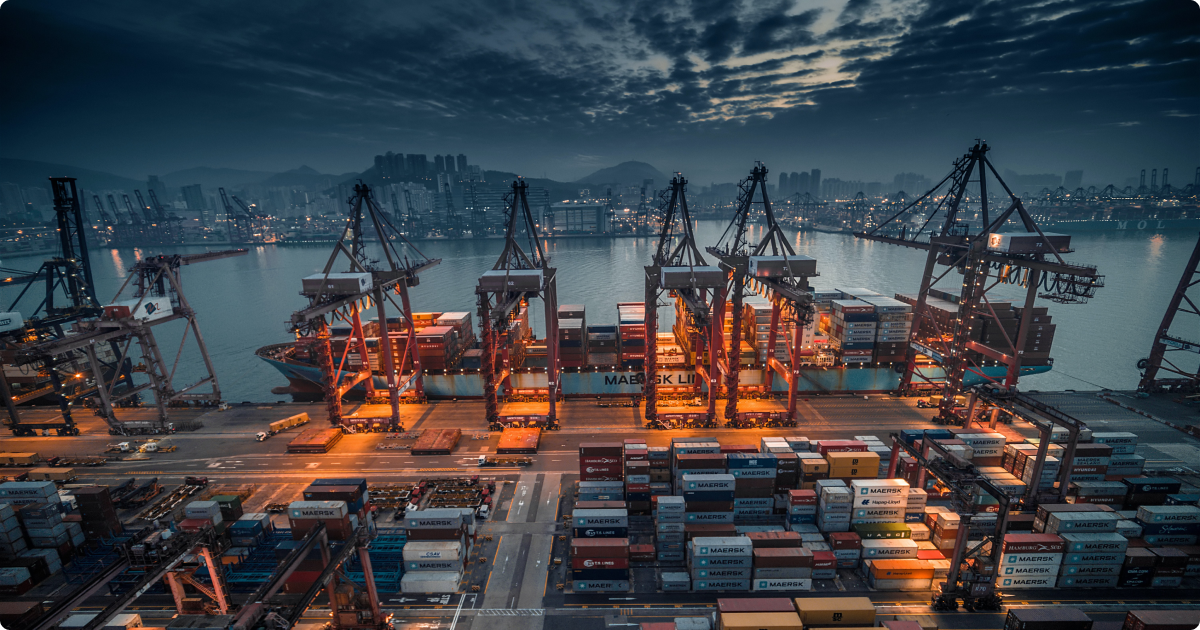Learn the main regulations of the shipping industry
Shipping is a heavily regulated industry, and it can take time to keep up with the changing laws and regulations. With global businesses increasingly reliant on international shipments, understanding the ins and outs of shipping legalities is essential for companies involved in this sector.

In this blog post, we will explore the principal regulations governing worldwide commercial ships and offer some tips to help ensure everyone in the shipping game stays compliant. Whether you are an entrepreneur just starting or have been in the business for years, there's never any harm in being armed with knowledge about relevant shipping laws.
Every country in the world depends on the exchange of goods. About 80% of these cargoes are transported by ship, making commercial shipping a global and quite complex industry.

How is the shipping industry regulated?
The main regulatory body for the shipping industry is the International Maritime Organization (IMO). It is a specialized agency of the United Nations (UN) based in London. Its objective is to create a regulatory framework for:
Increasing and maintaining the safety of shipping worldwide.
Protect marine life and the marine environment by preventing pollution from ships and, on a larger scale, help the industry on its path to sustainability.
Promote innovation.
Ensure that all signatory countries implement the conventions they adopt by amending their national legislation.
What are the principal regulations established by the IMO?
The IMO has established more than 30 conventions governing the shipping industry worldwide. These rules cover all kinds of activities within international shipping, such as registration, ship design and construction, equipment, manning, operations, and pollution control.

Here you can find all the rules governing international maritime trade, but here are the most important ones in the document:
In 1972, the Convention on the International Regulations for Preventing Collisions at Sea established navigation rules (ship conduct, signals, etc.) to avoid collisions at sea.
In 1973, the International Convention for the Prevention of Pollution from Ships (MARPOL) was adopted to improve the prevention of pollution of the marine environment from ships.
In 1978, the International Convention on Standards of Training, Certification, and Watchkeeping for Seafarers (STCW) established the underlying fundamentals of training and certification of ships' crews.
The latest regulation, called "IMO 2020", under the revised MARPOL Annex VI, limits sulfur in fuels used by merchant ships operating worldwide to 0.5%. The aim is to reduce air pollution caused by the maritime shipping sector.
Who regulates the maritime industry in the United States?
In the United States, regulation of the international shipping system is entrusted to the Federal Maritime Commission (FMC). This independent federal agency works with the Maritime Administration (MARAD) to enforce port security throughout the United States in support of the Department of Homeland Security (DHS). Unlike most countries where the government owns and operates ports, most U.S. ports are owned by state, local, or private entities.
The Environmental Protection Agency (EPA) works to reduce marine pollution, along with U.S. and foreign government agencies and international organizations. EPA also assists the State Department and the National Oceanic and Atmospheric Administration (NOAA) in achieving the goals agreed to in the Cartagena Convention to reduce land-based sources of pollution to natural marine ecosystems.
Who regulates the maritime industry in Europe?
From 2022, the European Maritime Safety Agency (EMSA) will provide technical expertise and operational assistance in various fields: improving maritime safety, and preventing and reducing pollution caused by ships and marine activities.
Conclusion
The IMO is the primary regulatory body for the shipping industry worldwide. It aims to create a regulatory framework that increases and maintains shipping safety worldwide, protects marine life and the marine environment from pollution, and promotes innovation.
In order to ensure that all signatory countries implement the conventions they adopt, the IMO has established more than 30 conventions governing the shipping industry worldwide. In the United States, regulation of the international shipping system is entrusted to the Federal Maritime Commission (FMC)
For more news and information about maritime law and policy, contact Agemarin.